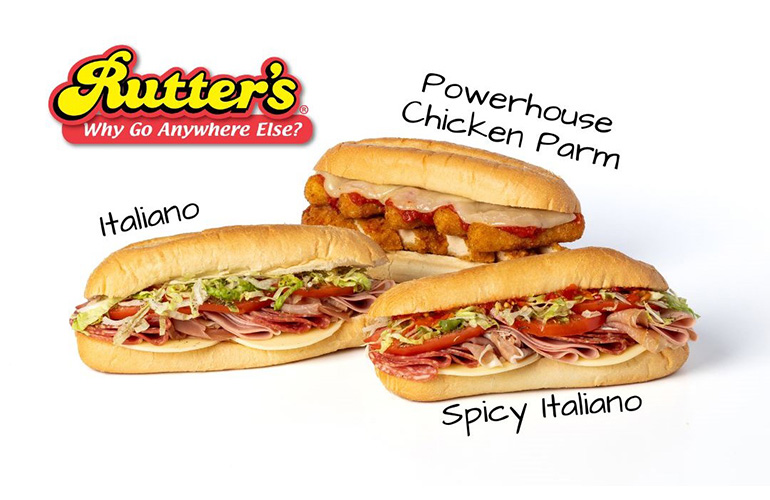 A new generation of plant-based meat-mimicking products has made headlines and attracted the attention of consumers and investors in the past years.
A new generation of plant-based meat-mimicking products has made headlines and attracted the attention of consumers and investors in the past years.
The COVID-19 pandemic has provided them with a phenomenal experimentation opportunity, leading to a 47% jump in retail sales in 2020, per Chicago-based market research firm IRI. Sales have stagnated since as consumers — aware of nutritional flaws, long lists of ingredients and the substantial price premium — have been reluctant to keep plant-based “meat” products as a constant in their shopping carts.
Meanwhile, many quick-service restaurants (QSR) and fast-casual chains have also boarded the plant-based train, with different levels of success. Big chains such as Burger King, Carl’s Jr./Hardee’s, White Castle and Shake Shack have managed to keep plant-based options for years, followed by newcomers KFC, Taco Bell and Chipotle. Other players, like Pizza Hut, Starbucks and Tim Hortons, have continuously tested products in different markets as limited-time offerings.
McDonald’s is the most remarkable absence in this list: the world’s biggest QSR chain recently concluded a test of the McPlant in partnership with Beyond Meat without making it a regular product in the U.S. (It is already a core menu item in some European markets).
Between hits and flops, these experiences provide c-stores valuable lessons on the opportunities and challenges of adding plant-based items to the fresh food counter.
Lessons for C-Stores
Motivating Factors: QSR players believed that adding plant-based offerings to menus would drive back to stores more demanding consumers concerned about their health and welfare.
These consumers, who tend to be young and more affluent, are precisely those that have migrated to other types of restaurants like fast-casual chains such as Shake Shack and Chipotle, which have gained share from QSRs by investing in nicer stores, made-to-order items and quality ingredients.
It was also believed that the move to plant-based offerings would attract larger and more diverse parties to the premises, and therefore allow QSRs to sell more of their entire portfolio. Imagine a group of four friends in a car heading to a drive-through, one being vegetarian. They need to find common ground on where to go and will likely choose a place that caters to all diet preferences.
The client: QSR customers may not be the best candidates for meat alternatives as they pursue indulgence and taste in their meals and are more price sensitive — much like c-store customers. On that, we believe plant-based has a better fit with fast-casual restaurants than with QSRs.
Operational Considerations: Both QSRs and fast-casual chains were designed to provide taste and comfort in a fast and affordable way. New items are evaluated according to their compatibility with the overall portfolio and established back-of-the-house processes. Adding plant-based products adds complexity (many clients don’t want them cooked on the same grill as meat products, for instance). And complexity is not a desired attribute for a category designed to be fast and affordable.
Marketing: When it comes to marketing, promoting the plant-based items on the menu is also a complex task. By keeping both meat and plant-based options, players must avoid attacking their core meat products and focus on the consumers that don’t yet visit their stores to prevent cannibalization with the existing portfolio.
Sustainability Considerations
Despite many challenges and some flops, no big chain has publicly announced they would jump off the plant-based train for good.
Counting on valuable data from previous tests, many players are adjusting their offerings according to the location and demographics aiming for long-term gains. We believe all foodservice actors will need to keep at least one plant-based option on menus to expand audiences and look good on their sustainability reports.
On the latter, leading chains have joined the Science Based Targets initiative, and although meat consumption hasn’t been listed as a core issue yet, it is expected to be increasingly seen as a relevant source of Scope 3 emissions.
The single fact of keeping plant-based items on the menu brings reputational gains in terms of inclusion and Environmental, Social and Governance (ESG) compliance. And that’s perhaps the most worthwhile lesson for c-stores to keep top of mind.
 Based in New York, JP Frossard works with the global RaboResearch Consumer Foods team, focusing on bakery and plant-based products.
Based in New York, JP Frossard works with the global RaboResearch Consumer Foods team, focusing on bakery and plant-based products.




